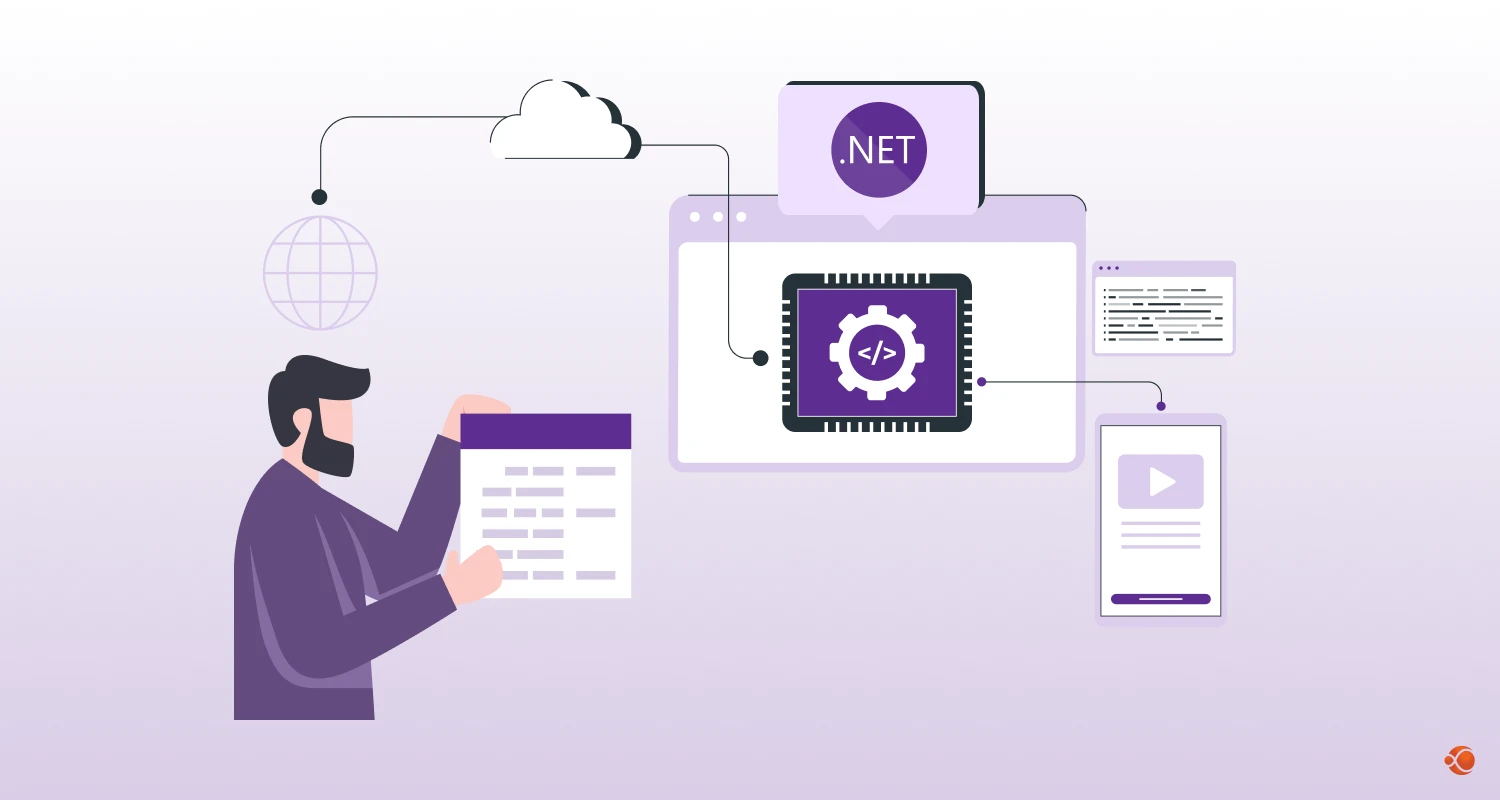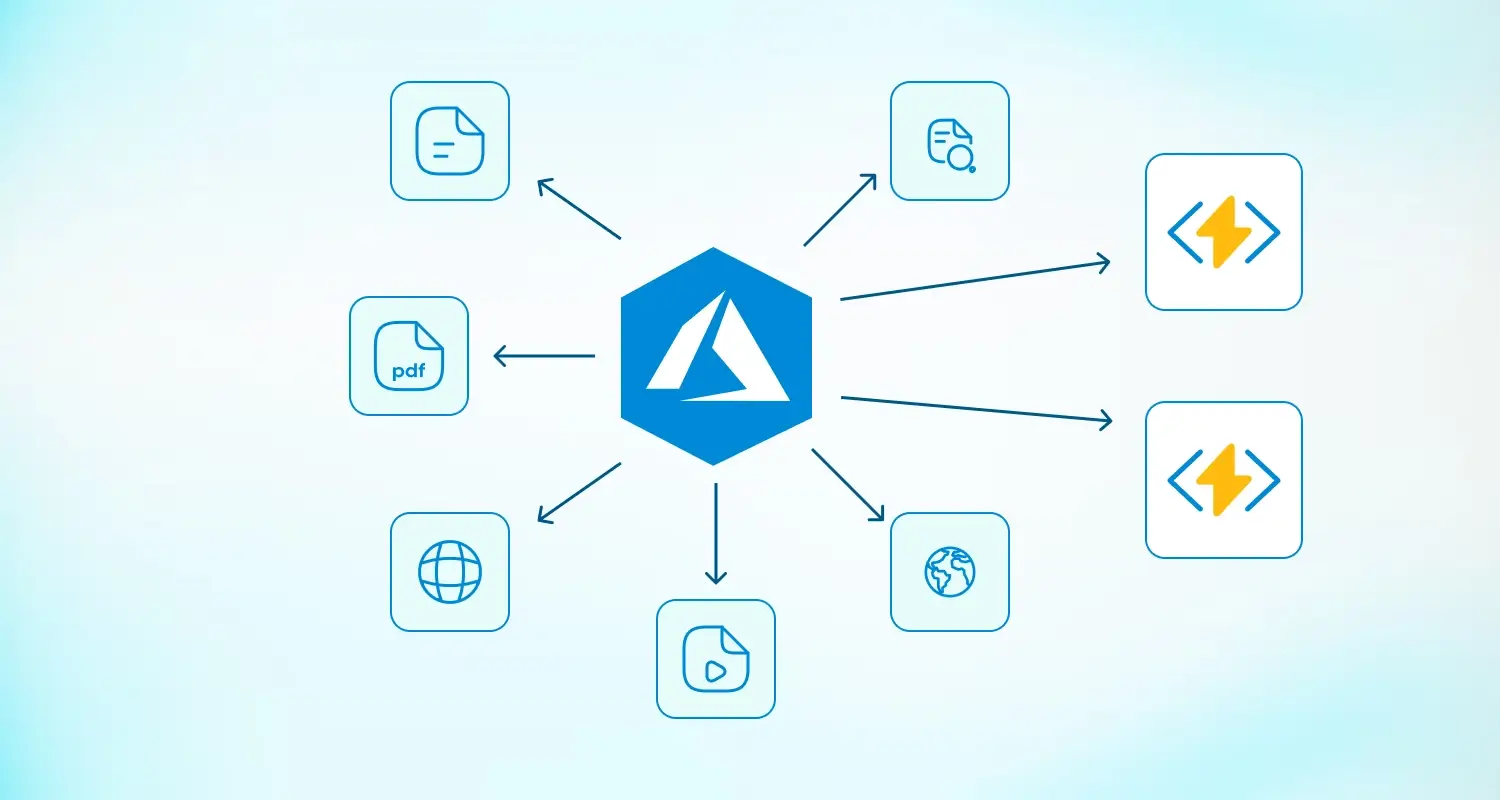Irrespective of the industry, location or size of your business, one thing that all businesses dread is managing their sales tax obligations. Organizations have to spend a significant amount of time, resources and investment in either hiring tax professionals or handle it all themselves. However, if your team is on Dynamics 365, you are lucky, as the platform provides an effective solution for handling the ever-changing tax regulations across different jurisdictions.
With a dedicated Sales Tax Automation in Dynamics 365 and tools like “Auto Tax Calculator”, and Alvara Integration with Dynamics 365, businesses gain access to powerful automation tools for tax compliance automation while reducing efforts and chances of errors.
Today, we are going to look into the importance of sales tax automation, the consequences of tax compliance errors, benefits of Avalara Integration in Dynamics 365, and how to handle Dynamics 365 Avalara Integration Setup among other things. You will get an overview of the integration, and how it can help your team save hours on figuring out and keeping up with tax compliance.
What is the Need for Sales Tax Automation in Dynamics 365?
The global tax automation software market size in 2024 came at a staggering $20.2 billion USD, and is expected to reach $47.1 billion by 2033. Managing sales tax manually in Dynamics 365 is no cakewalk, it can bring about many challenges that will impact business efficiency and compliances with issues such as:
Complexity of Tax Jurisdiction
The United States alone has more than 13,000 tax jurisdictions with different regulations and rates. Managing tax for multinational companies across different localities, states and federal levels can be very challenging without an automated solution that keeps up with real-time jurisdictional mapping and updates.
Frequent Regulatory Changes
Tax regulations change very frequently, which demands continual updates to traditional tax calculator systems. Your team needs to be vigilant as failure to adhere to evolving tax codes can result in misfiling, which can attract hefty penalties, and delays. This can impact any organization’s financial reporting and customer-facing invoicing accuracy.
Time-Consuming Process
Manual tax calculations and filings are a tedious process that will consume significant time from your finance team. These repetitive, mundane and error-prone tasks reduce bandwidth and headspace for strategic financial initiatives, while increasing operational costs due to oversight, faulty data entry and other human-induced errors, working in such a multi-state tax compliance environment.
Risks of Errors and Audits
Incorrect tax calculations can cause compliance issues, leading to potential audit penalties. Even the smallest of miscalculations often alert tax authorities to scrutinize your business, leading to financial liabilities and reputational damage in regulated industries.
The primary tax functionality in Dynamics 365 works great for basic calculations, but falls short for enterprises dealing with various tax jurisdictions or requiring advanced tax compliance features. This gap needs to be bridged by popular tax compliance platforms like Avalara, that can handle complex tax scenarios.
The Impact of Tax Compliance Errors
It is important to understand the various kinds of compliance errors and their potential impact on the business, to be better prepared for putting a conscious effort into avoiding such mistakes.
| Error Type | Potential Impact |
| Incorrect Rates | Underpayment penalties or lost revenue from overpayment |
| Missed Exemptions | Unnecessary tax charges affecting customer relationships |
| Filing Errors | Late fees, penalties, and potential audits |
| Jurisdiction Confusion | Improper tax application across state/local boundaries |
This goes on to show the importance of looking for experts in Microsoft Dynamics 365 development services that can automate sales tax in Dynamics 365 and safeguard your organization from such threats and risks.
Benefits of Avalara Integration with Dynamics 365
Enough stating the problem, now we shift our focus on the solution that can save you significant time, resources and money, while maintaining your brand reputation and compliance assurance against dynamically changing tax rules and regulations.
Avalara integration in Dynamics 365 is a meant-to-be collaboration that delivers multiple advantages and changes how businesses manage their tax obligations. Here are some of the Avalara benefits for sales tax compliance in Dynamics 365:
Real-Time Tax Calculation Accuracy
Avalara’s AvaTax engine performs instantaneous tax calculations based on the most current rates and rules. This integration:
- Determines precise tax rates based on geolocation
- Applies product-specific taxability rules
- Identifies and applies appropriate exemptions
- Updates automatically when tax laws change
The system operates in real-time, calculating taxes as transactions occur in Dynamics 365, ensuring accuracy at every step of the sales process.
Automated Compliance Documentation
Managing tax exemption certificates and other compliance documentation becomes effortless with Avalara’s CertCapture functionality:
- Digital storage of exemption certificates
- Automated validation against transaction data
- Proactive expiration notifications
- Simplified certificate renewal processes
These features eliminate manual certificate tracking and ensure that appropriate tax exemptions apply to qualified transactions.
Streamlined Returns and Filing
The Avalara integration automates the entire tax filing process:
- Aggregates transaction data across all systems
- Prepares returns for all applicable jurisdictions
- Manages filing deadlines and requirements
- Processes payments to tax authorities
This tax management approach reduces the administrative burden on professionals, who can then focus their energy on more valuable activities.

How to Set Up Dynamics 365 Avalara Integration Setup?
Adding Avalara with Dynamics 365 involves several key steps to ensure a smooth integration process:
Prerequisites for Integration
Before beginning the integration process, ensure you have:
- A valid Avalara AvaTax account with appropriate subscription level
- Administrator access to your Dynamics 365 environment
- Current tax configuration data for your organization
- Clearly defined tax requirements and business processes
Working with Microsoft Development Services professionals simplifies this preparation phase.
Installation and Configuration Steps
The integration process follows these general steps:
- Install the Avalara Solution: Deploy the Avalara-provided solution from AppSource or through your Dynamics 365 administrator.
- Configure Connection Settings: Enter your Avalara account credentials and establish the connection between systems.
- Map Tax Codes: Align your Dynamics 365 tax codes with Avalara tax codes to ensure proper calculation.
- Configure Company Settings: Define company-specific tax settings including nexus locations and filing frequencies.
- Test the Integration: Perform thorough testing with various transaction types to verify accurate calculations.
Our team specializing in building a .NET Core Billing System with Avalara has extensive experience implementing these integrations across diverse business environments.
Integration Validation and Testing
Thorough testing ensures the integration functions correctly:
- Create test transactions for various scenarios (interstate, international, exempt)
- Verify tax calculations against expected results
- Confirm tax data flows correctly between systems
- Test the exemption certificate management process
- Validate reporting and filing functionality
Proper testing identifies potential issues before they affect your production environment.
Advanced Features of Avalara API Integration

The full potential of Dynamics 365 and Avalara for Sales Tax Management extends beyond basic tax calculations:
Custom Tax Rules and Exceptions
Businesses with unique tax requirements benefit from Avalara’s flexibility:
- Product-specific taxability rules
- Customer-specific tax treatments
- Location-based special tax districts
- Industry-specific tax regulations
These custom configurations ensure your tax calculations precisely match your business requirements.
Cross-Border Transaction Management
For businesses operating internationally, Avalara provides:
- VAT calculation for European transactions
- GST handling for Canadian and Australian operations
- Import duty and customs calculations
- Currency conversion considerations
This global tax support eliminates the complexity of managing international tax obligations.
Reporting and Analytics Integration
The integration enhances your tax reporting capabilities:
- Detailed transaction tax reports
- Jurisdiction-based tax summaries
- Liability tracking across time periods
- Audit defense documentation
These reporting features provide valuable insights for tax planning and financial analysis.
Optimizing Your Sales Tax Automation Implementation
To maximize the benefits of your Avalara integration, consider these best practices:
Standardizing Tax Data
Ensure consistent data management across your organization:
- Standardize address formats to improve geolocation accuracy
- Maintain consistent product tax classifications
- Document exemption certificate workflows
- Establish clear tax responsibility assignments
Standardization improves accuracy and reduces the need for manual interventions.
Training and Change Management
Proper training ensures your team leverages the full potential of the integration:
- Train sales and finance teams on the integrated system
- Document new processes and workflows
- Create clear escalation procedures for tax issues
- Schedule regular system reviews and updates
Most companies hire dedicated developers for Avalara and Dynamics 365 implementation.
Performance Monitoring and Optimization
Regular system monitoring maintains optimal performance:
- Track API call volumes and response times
- Monitor transaction processing speeds
- Review error logs for recurring issues
- Assess system performance during peak periods
Do all this to deflect potential issues before they can impact business performance and operations.
Why Choose CMARIX for Microsoft Dynamics 365 Development Services?
We provide end-to-end Microsoft Dynamics 365 development services, from initial setup and configuration to advanced feature implementation.
Here’s what sets CMARIX apart for Dynamics 365 development:
Certified Dynamics 365 Experts
CMARIX has a team of certified Dynamics 365 developers with proven experience in developing custom modules for Finance, Sales, Marketing and others. Our software development services are geared towards providing seamless deployment, configuration, and custom development that matches your unique business needs.
End-to-End Avalara Integration Experience
From configuring Avalara AvaTax connectors to mapping tax codes and optimizing real-time tax calculations, our team delivers robust integrations that simplify compliance and eliminate manual tax processes.
Domain-Centric Customization
We build industry-specific sales tax automation solutions for organizations in the retail, finance, healthcare and other sectors. Our dedicated developers ensure your Dynamics 365 implementation adjusts according to your workflow.
Agile and Scalable Development Process
As a client of CMARIX, you can deploy new modules or optimize your existing ones. Our agile development ensures flexibility, rapid deployment, and scalability with continuous improvement.
Expertise in Security & Compliance
We have hands-on experience in implementing secure integrations with compliances like SOC 2, HIPAA, and GDPR. We future-proof your Dynamics 365 environment to make it comply with the most stringent security standards.
Seamless API and Third-Party Integrations
From ERP systems and CRM extensions to third-party platforms like Avalara, QuickBooks, and Power BI—CMARIX engineers smooth, reliable, and high-performance integrations.
Final Words
Integrating Avalara with Microsoft 365 is a wise move for businesses looking to simplify tax compliances, while reducing errors. From real-time calculations to automated filings and exemption management, Avalara provides many robust automation power to your Dynamics 365 environment.
FAQs on Using Dynamics 365 with Avalara
What is Avalara and how does it integrate with Dynamics 365?
It can be connected with APIs or AppSource add-ins. This platform lets you automate tax calculations, improve workflows with Dynamics environment, and manage exemption certificates.
How can Avalara help streamline sales tax in Dynamics 365?
It helps with tax automation checks in real-time during transactions, validates addresses, manages exemption certificates, and handles tax filing, all within your Dynamics 365 workflow.
What are the benefits of integrating Avalara with Dynamics 365 for sales tax?
It helps reduce manual work, improves accuracy, automatic tax rate updates, decreased audit risk, and scalability across multiple jurisdictions without maintaining complex tax tables.
Can Avalara automatically update sales tax rates in Dynamics 365?
Avalara provides tax automation across 13,000+ jurisdictions in Dynamics 365. This eliminates the need for manual updates when tax laws change.







